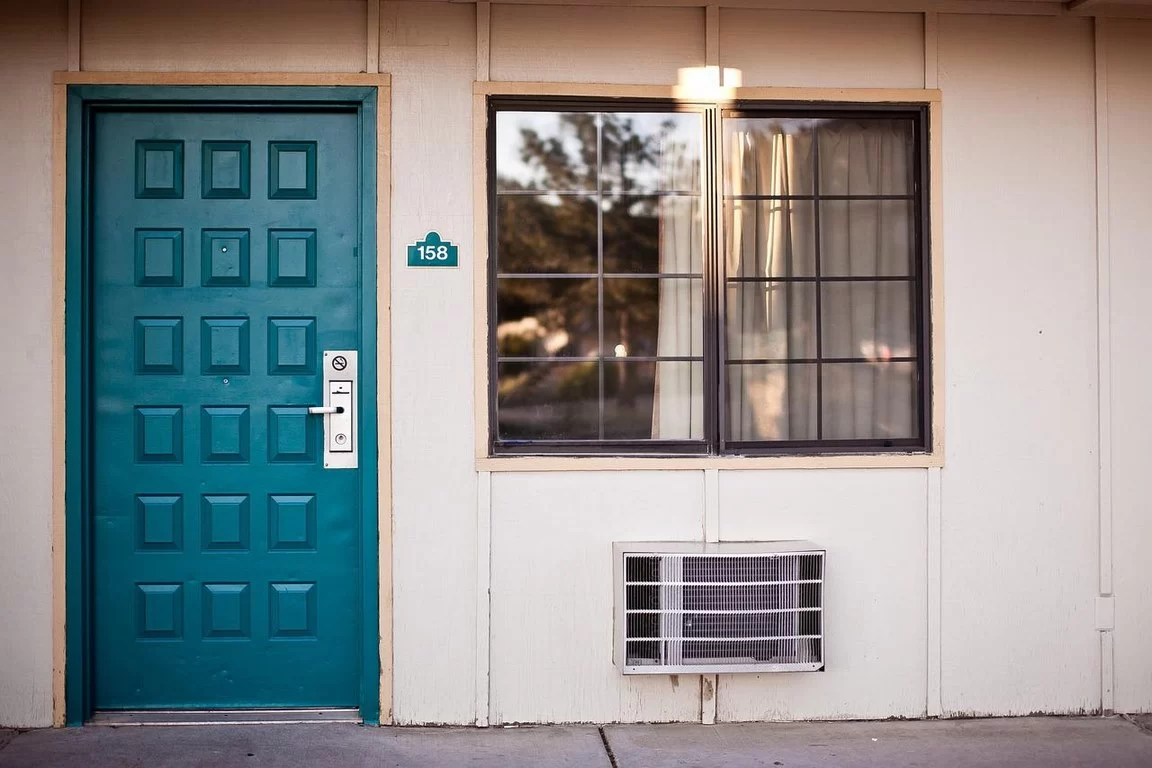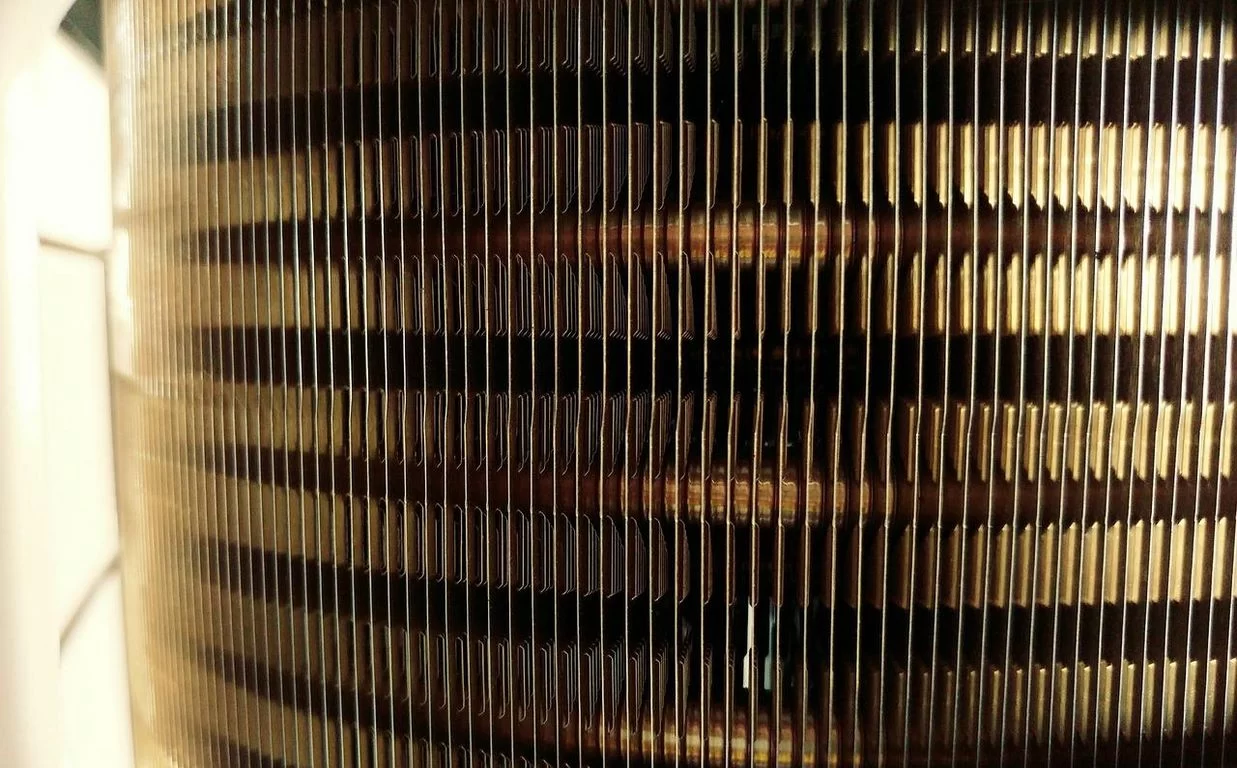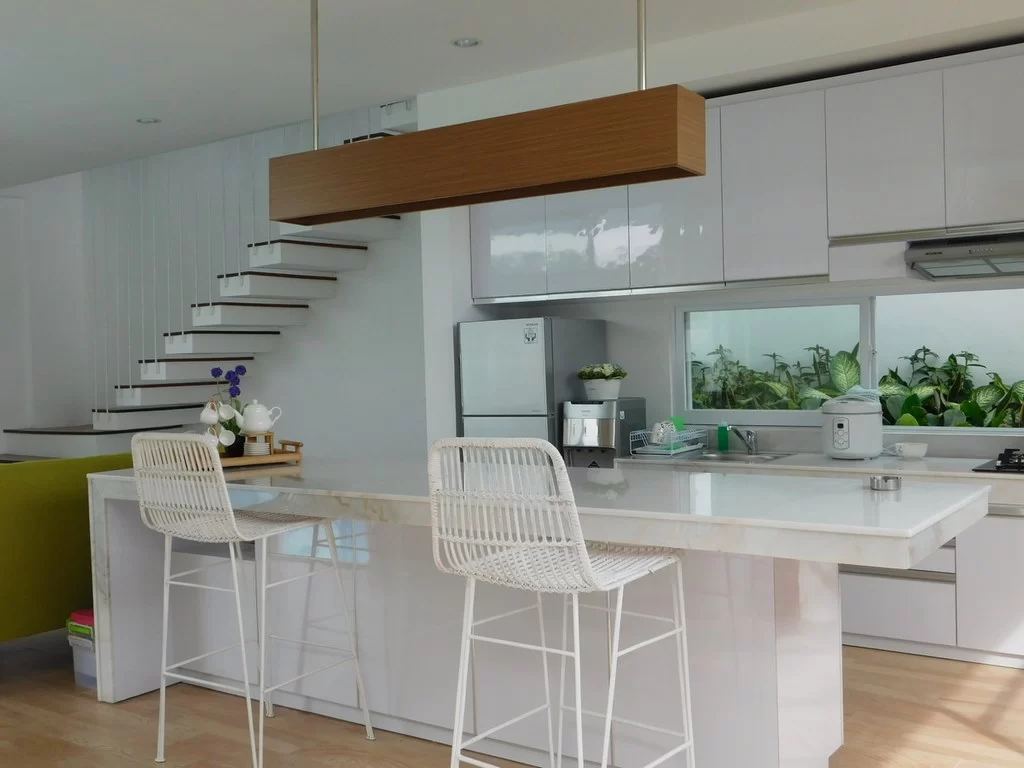There are many reasons why your air conditioning system might need to be replaced.

This article will discuss the signs to look for when your unit needs to be replaced. We’ll also discuss the cost-benefit analysis and health risks. Here’s why you should consider replacing your unit:
Reasons to Replace Your Air Conditioning Unit
The lifespan of your air conditioner is usually between 10 and 15 years. A well-maintained unit is likely to last longer. Nonetheless, if your unit is more than a decade old, it is probably time to consider replacing it.
Repairing it is not cheap, but if you’re near Bristol you can check out https://www.customhvactn.com/ac-installation-bristol-tn/. Replacing your air conditioning unit can help you save money in the long run, especially if you regularly clean and maintain it.
If you have been using your air conditioning unit for many years, there is a good chance that you haven’t noticed any significant problems with it. Even though it seems like it’s working fine, it could still be exhibiting some of these hidden problems. These include inefficiency, frequent repairs, and noise which can really put a drag on your timeliness and electric bill.
Read Also:
Signs That It Needs Replacing
If you are experiencing consistent and inconsistent temperatures in your home, it may be time for an air conditioner replacement. Inefficient cooling may be a sign of a broken blower or a blockage in the system.
When looking to replace your air conditioner, check the small print of the sales contract to make sure it has enough BTUs, otherwise known as British Thermal Units, to cool your entire home.
Typically, you need at least 12,000 BTUs per ton of heat to cool a home. You may have to replace your air conditioner if you notice that it is not working as efficiently as it used to.
Your air conditioner unit will need a new compressor or capacitor when the old one stops functioning. The thermostat controls the temperature in your home and is constantly measuring and interpreting instructions.
Cost-Benefit Analysis
There are several benefits to replacing your air conditioner.
While it may be tempting to save money by simply repairing the unit, you will find that these repairs can end up costing you more than just a replacement. In addition, a new unit will control the humidity levels in your home, which can be another sign of a poorly working air conditioner unit.
To perform a cost-benefit analysis, you must first determine the costs of your proposed project. This includes the cost of direct labor, inventory, raw materials, overhead management costs, rent, and utilities. Additionally, you need to consider intangible costs, such as the impact on employees and customers, or the time it takes for delivery.
Health Risks
An air conditioner is a vital part of any house or office in America. It helps people stay comfortable indoors during hot summer days, but it can also negatively affect people’s health. The Indoor Environment Group at Berkeley National Laboratory has studied the effects of air conditioning on human health.
Among the health risks associated with AC units are respiratory and skin ailments. The dry air can irritate respiratory conditions and exacerbate existing medical issues.
It can also be a breeding ground for contaminants, bacteria, and dust mites. The CDC recommends keeping humidity levels below 50 percent. A poorly maintained AC system is a perfect breeding ground for these irritants.
Age of the Unit
Your air conditioner may need replacement if it’s getting older. While newer models are more energy efficient, older units may not be.
This is because the older ones use R22 Freon, a substance that will soon be unavailable and is damaging to the environment. If your air conditioner is over 10 years old, you may want to consider replacing it.
Here are some reasons that an older AC unit needs replacement. And don’t worry; replacing it isn’t the end of the world. The age of an air conditioner will have a large impact on its efficiency.
Older systems will run less efficiently, which will cost you more money in energy bills. They will also have to run more often and more forcefully to keep the temperature at an acceptable level.










